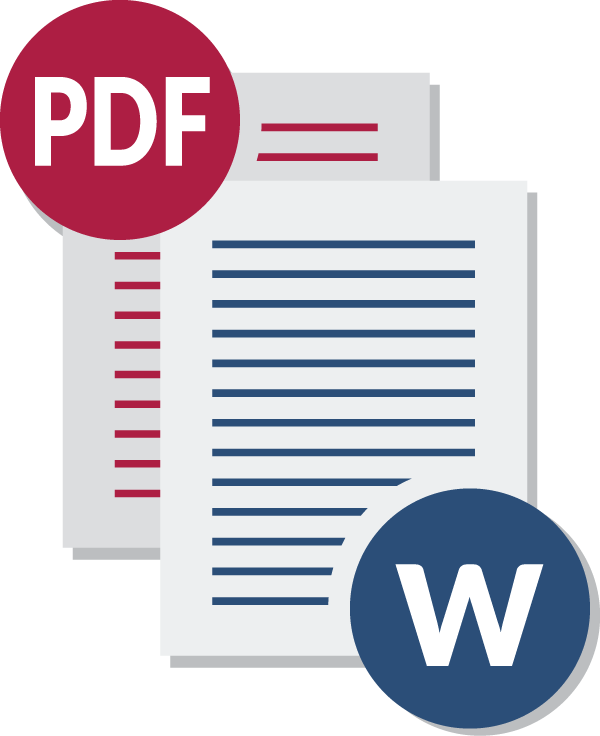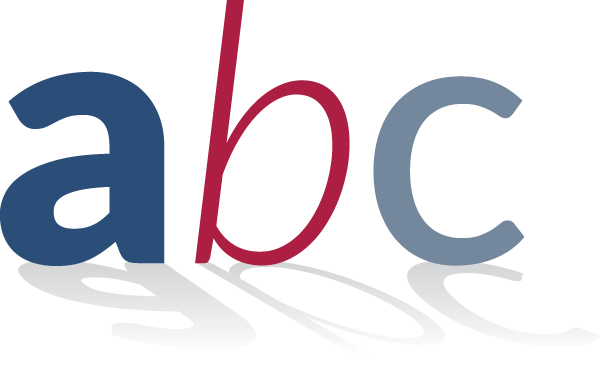Accessibility is not only one of the main areas of focus for WCET, but a consistent issue and opportunity for higher education institutions. In order to support faculty, instructional designers, and others who work in the area, Quality Matters, a WCET member, created a new resource site for educators to get information on how to address key accessibility and usability concerns. Today’s post introduces the new website, AURS, and reviews the development process for the site and the resources.
Thank you to Brenda and Kathy for sharing this amazing resource with our members and readers. Congratulations to QM for this outstanding accomplishment!
– Lindsey Downs, WCET
Ensuring accessibility for online learning is a real “sticky wicket” for faculty, instructional designers, and accommodations specialists at colleges and universities across the country.  The Quality Matters (QM) community recognized the challenge of designing accessible courses early on and advocated for more help at one of QM’s regional conferences. They asked for a free resource that would help them understand accessibility and provide a place where they could ask questions about accessibility topics. QM answered the call for help with the aid of the QM Instructional Designers Association (QM IDA). Members of the QM IDA who indicated they had expertise in accessibility were invited to participate in the development of QM’s Accessibility and Usability Resource Site (AURS). At that time, Kathy Tally was in the role of instructional designer at Quality Matters and spearheaded the development of AURS (pronounced “ours” as in “yours, mine, and ours”).
The Quality Matters (QM) community recognized the challenge of designing accessible courses early on and advocated for more help at one of QM’s regional conferences. They asked for a free resource that would help them understand accessibility and provide a place where they could ask questions about accessibility topics. QM answered the call for help with the aid of the QM Instructional Designers Association (QM IDA). Members of the QM IDA who indicated they had expertise in accessibility were invited to participate in the development of QM’s Accessibility and Usability Resource Site (AURS). At that time, Kathy Tally was in the role of instructional designer at Quality Matters and spearheaded the development of AURS (pronounced “ours” as in “yours, mine, and ours”).
Developing AURS
Framework Design
Phase I began with an initial development team comprised of Emma Wood, Diana Dill, C. J. Bracken, and Chris Smith. Each of these individuals are instructional designers with accessibility expertise. The first step was to determine a framework for AURS, including topics. To help, the team reviewed the University of Pittsburgh’s Center for Teaching and Learning Accessibility Recommendations. The review provided insight into high priority topics based on the degree of impact on the learner and the level of effort for implementation by course developers to improve accessible design.

Gathering Contributions
With the framework established, QM IDA members were invited to help develop resources for the site. The response was amazing; 83 IDA members offered to participate. The overwhelming interest led to the ramp-up of Phase I and selection of contributors based on their topics of interest. The next step was to work with each volunteer contributor in their selected area of interest and expertise. Resources on each topic were submitted for curation and presentation by Kathy. The original framework included four topics, but the outstanding response from QM IDA members resulted in an additional five topics, so the Phase 1 launch addressed nine topics and included a General Resources section.
Phase II began in 2019 with a new section on Special Topics, including a Cognitive Accessibility presented by Amber Lee, Instructional Designer, University of Florida Sarasota-Manatee.
Sharing AURS
QM made AURS available to QM members, however, from the start, the volunteer moderators recommended the site be publicly available.
 To date, more than 1,500 QM members have joined AURS. Given the demand, QM recognized the need to open the site to the public. So, as of today, AURS is open to the entire educational community. We are indebted to our volunteer moderators who provided the resources to build the site and continue to moderate the topics.
To date, more than 1,500 QM members have joined AURS. Given the demand, QM recognized the need to open the site to the public. So, as of today, AURS is open to the entire educational community. We are indebted to our volunteer moderators who provided the resources to build the site and continue to moderate the topics.
Each topic area is moderated by an individual or team and includes content, videos, and discussion areas for asynchronous discussion amongst participants.
The following topics are addressed in AURS:
| Topic: |
Moderated By: |
 Universal Design for Learning: Universal Design for Learning:
What you need to know! |
Jinrong Pearl Xie
Instructional Designer and Technologist
Truman State University |

Alternative Text |
Amy Lomellini
Instructional Designer
Molloy College |

Video Captions and Audio Descriptions |
Chris Smith
Instructional Designer
North Carolina Virtual Public Schools |

Hyperlinks |
Emma Wood
Assessment System Coordinator
Idaho State University |

Accessibility in Microsoft Office Products |
Lynn Wahl
Instructional Designer
University of North CarolinaRita Pool
Instructional Designer
Bowling Green State University |
 Readability: Color Choice and Contrast Readability: Color Choice and Contrast |
Maria Fister
Instructional Designer
North Carolina State University |

Readable PDFs |
Created and Maintained by QM’s Professional Development Staff |

Accessible Design in Learning Management Systems |
Robert Alan Harris
Instructional Designer
William Paterson UniversityJoe French
Instructional Designer |
| General Resources: Accessibility and Usability |
Contributors Include QM’s Professional Development Staff and QM Members |
| Cognitive Accessibility (Special Topic) |
Amber C. Lee
Instructional Designer
University of Florida Sarasota-Manatee |
Sign Up to Use AURS
Anyone can register for the site by logging into MyQM and selecting “Workshop – Register” in the side navigation and choosing “Register for Accessibility & Usability Resource Site.” (If you’ve already registered, the AURS link can be found under “My courses” in the QM Classroom after you log in.)
Don’t have a MyQM account? Create one by choosing “No, I am new here” on the login page. Follow the prompts to create your account, selecting “Workshop – Register” in the side navigation and choosing “Register for Accessibility & Usability Resource Site” once logged into MyQM.
Future of AURS
Our hope is that AURS provides the education community with a resource that is useful and timely to improve course accessibility and usability for all learners. We plan to add new topics quarterly. If you would like to contribute, please contact Brenda Boyd.

Brenda Boyd,
Senior Academic Director: Program Services,
Quality Matters.

Kathy Tally,
Professional Development Specialist,
Quality Matters
Brenda Boyd joined Quality Matters in May, 2011 and currently is responsible for the professional development team, overseeing the quality assurance and K-12 departments, and for the regular updating of QM Higher Education Rubrics. She holds a M.S. in Education from Capella University and is a WCET Steering Committee Member.
Kathy Tally joined Quality Matters in June, 2016, and currently facilitates QM Professional Development courses and workshops. She also collaborates with the Professional Development Team in course and workshop improvements as part of QM’s continuous improvement process to help ensure high quality and up-to-date offerings. She holds a M.S. in Educational Technology from University of Central Missouri. Kathy is the recipient of the ANGEL Impact Award for Exemplary Staff Development (2009), and co-author of two book chapters. The most recent: Connors, H. & Tally, K. (2015). Integrating Technology in Education. In M. Oermann, Teaching in the Nursing and Role of the Educator, (pp. 61-81). New York, NY, Springer Publishing.

 The
The 
 To date, more than 1,500 QM members have joined AURS. Given the demand, QM recognized the need to open the site to the public. So, as of today, AURS is open to the entire educational community. We are indebted to our volunteer moderators who provided the resources to build the site and continue to moderate the topics.
To date, more than 1,500 QM members have joined AURS. Given the demand, QM recognized the need to open the site to the public. So, as of today, AURS is open to the entire educational community. We are indebted to our volunteer moderators who provided the resources to build the site and continue to moderate the topics.


3 replies on “Meet AURS — Your Go-To Resource for Addressing Accessibility Challenges”
[…] Meet AURS — Your go-to resource for addressing accessibility challenges — from wcet.wiche.edu and Quality Matters […]
[…] Accessibility & Usability Resource Site (AURS) from Quality Matters […]
[…] Accessibility & Usability Resource Site (AURS) from Quality Matters […]